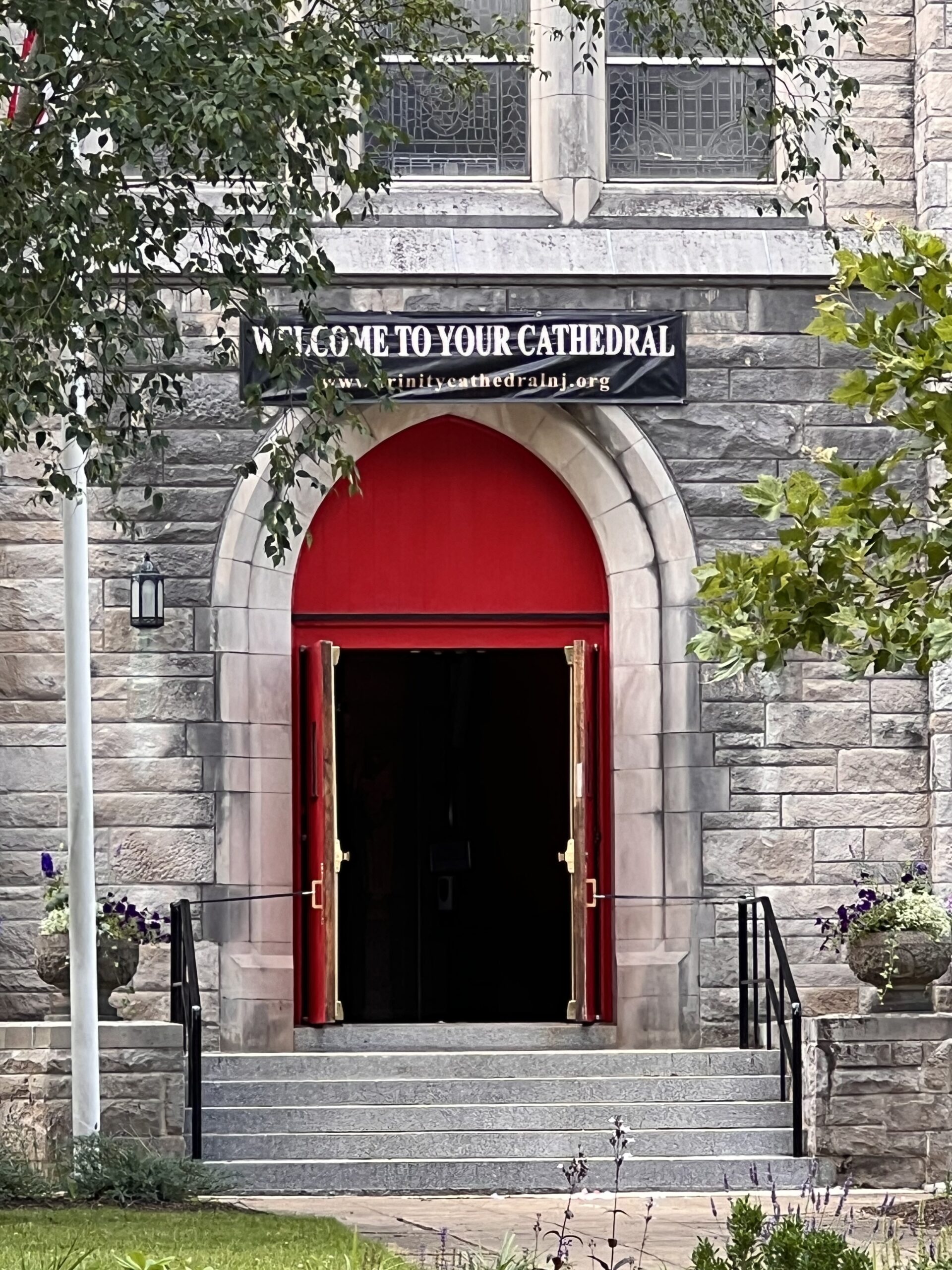I am sending you out like sheep into the midst of wolves, so be wise as serpents and innocent as doves.

Matt. 10:16
NRSV
Protect yourself from these common frauds.
Church members and leaders are commonly targeted by scammers who pretend to be known clergy or diocesan staff. These messages may come via email or text message and try to convince you to send money, buy gift cards, or send information that the huckster shouldn’t have access to.
These messages can look genuine, but there are usually clues that they are not:
- The “sender’s” name is not used the way the person actually does. For instance, messages claiming to be from Bishop French might be signed “Reverend Sally.”
- The sender’s email address is not the same as the real person’s (though it might be close)
- The sender says that they cannot talk right now but request you keep the conversation in text or email
- Remember that companies generally don’t contact you to ask for your username or password.
- Don’t click on anything in an unsolicited email or text message. Look up the company’s phone number on your own (don’t use the one a potential scammer is providing), and call the company to ask if the request is legitimate.
- Carefully examine the email address, URL, and spelling used in any correspondence. Scammers use slight differences to trick your eye and gain your trust.
- Be careful what you download. Never open an email attachment from someone you don’t know and be wary of email attachments forwarded to you.
- Set up two-factor (or multi-factor) authentication on any account that allows it, and never disable it.
- Be careful with what information you share online or on social media. By openly sharing things like pet names, schools you attended, family members, and your birthday, you can give a scammer all the information they need to guess your password or answer your security questions.















